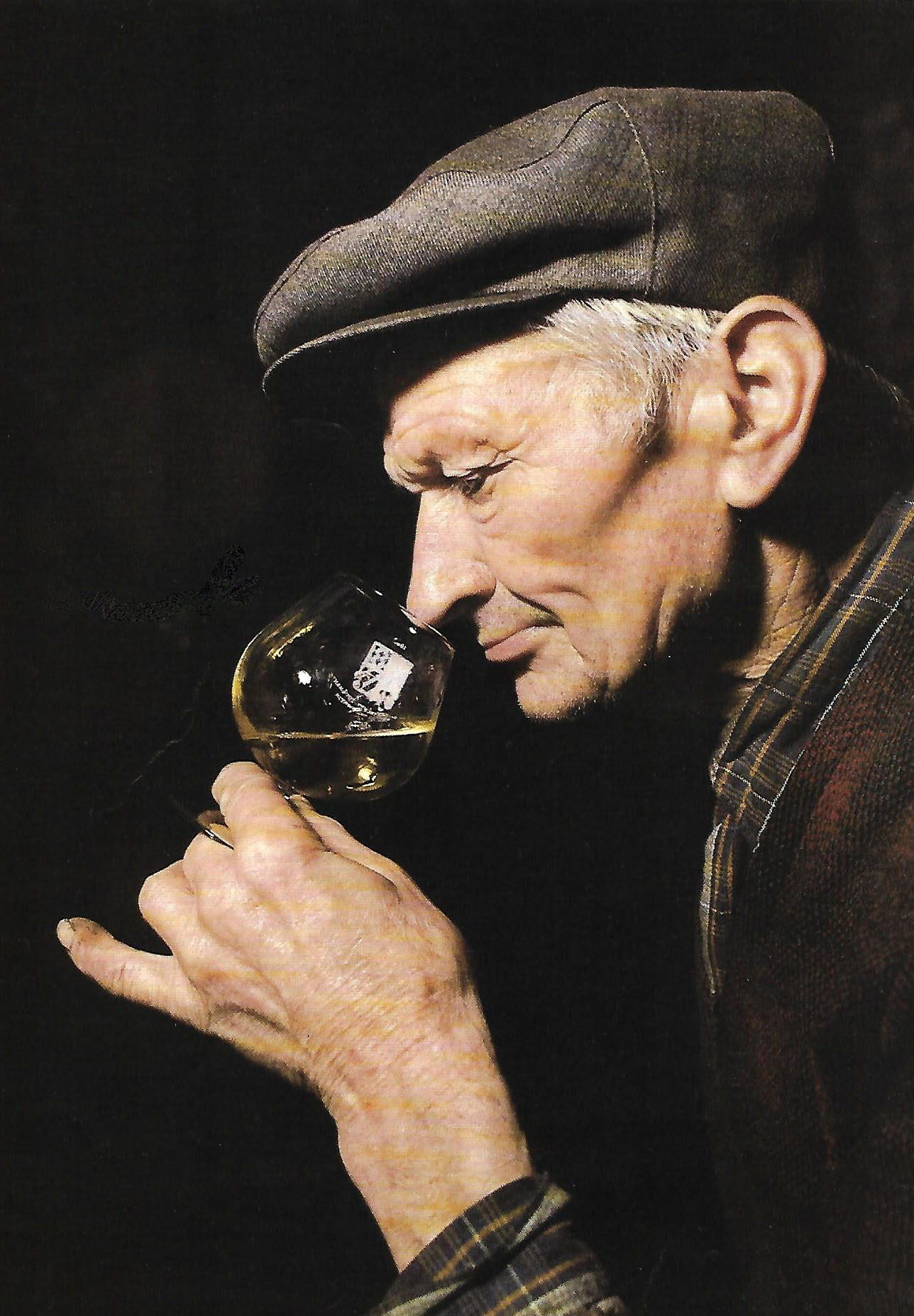FINESSE – WHAT IS IT?
a
Finesse is as rare and elusive as truffles.
a
It is also extremely difficult to define, yet the word is absolutely the mot juste when it comes to certain wines. And those wines, I would argue, are as perfect as humans – and nature – can make them.
a
Dictionary definitions of finesse are imprecise, especially when it comes to finesse in wine: “delicacy” and “subtlety” crop up often but that’s only part of the picture. The great Emile Peynaud defined it as follows: “Finesse is the sum total of qualities which go to make up a fine wine; it is distinguished by the delicacy of its aromatic savour, the appeal of its bouquet, its clarity of taste and colour and its overall perfection”.
a
For me, “overall perfection” comes closest.
a
I’ve heard many wine producers refer to one and the same wine as having “elegance and finesse”. In my view, when a wine is said to possess both qualities, the use of “elegance” amounts to tautology. Elegance, I would argue, is a quality often found in wines that are fine but not complete wines. It’s a bit like the difference between “clean” and “pure”.
a
An elegant wine may lack a little body or concentration, for example, and yet still be elegant; or it may be corpulent yet still have allure. Just as an overweight human, ungainly in repose, can show true elegance and verve on a dance floor.
a
As I see it, no wine with true finesse lacks anything at all, as such a wine is, almost by definition, a complete wine. Furthermore, I’d argue that a wine with finesse possesses every good quality to an optimal degree: colour, aroma, body, texture, flavour, aftertaste, and overall harmony. Only then can any wine be said to have finesse.
a
You won’t find finesse in any wine that’s overly tannic, acidic, or alcoholic, or one that’s over-extracted; or dilute, flimsy, rustic, alcoholic, excessively sugary, or lacking body. In short, a flawless wine. And shorter still: a wine that has finesse.
a
The late Louis Jaboulet, who fashioned dozens of fabulous vintages of Hermitage La Chapelle, once remarked to me: “You only get finesse in wines that are made from a single grape variety”. When asked to be more specific, he cited Burgundy by name (but I knew damned well that he was also thinking of the Hermitages his famous firm had been making for decades).
a
Though I did know what he meant – a single grape is more likely to give a wine of velvety texture and great subtlety – surely an indispensable quality in a wine with finesse – than one made from a blend of different varieties.
a
But even that wasn’t the whole story: lots of clarets show finesse, but on the whole they need more time to mature than any other red wine. I was able to think of several great clarets that had all the finesse one could wish for. When I mentioned red Bordeaux to him, however, he claimed never to have tasted one that truly had finesse. He asked me to name one. “Mouton-Rothschild and Latour 1949,” I replied (I could have named many others).
a
Sadly, he’d tasted neither so I was unable to prove my point. But as we were drinking the glorious 1972 Hermitage La Chapelle at that particular moment, it didn’t seem to matter all that much!
a
a
© Frank Ward 2016
a a





